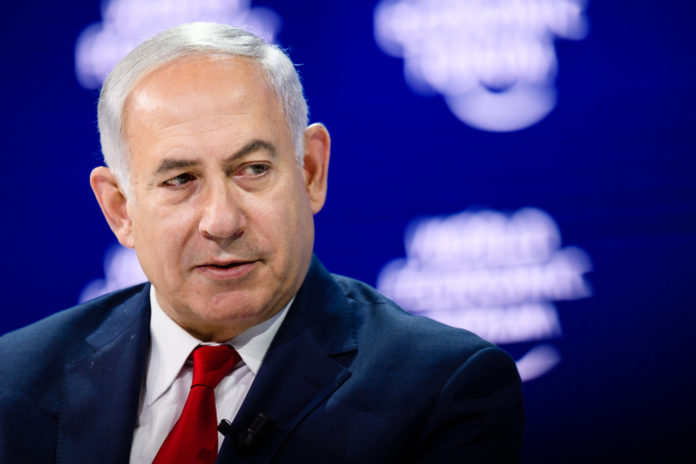
Prime Minister Benjamin Netanyahu has called on Israelis to back radical emergency measures in the battle against the coronavirus pandemic or face a full lockdown.
New regulations came into effect on Wednesday night across every aspect of everyday life including obtaining fresh food, medication, travel, prayer, transportation and emergency home maintenance.
And the measures appeared to be working this morning as streets in many cities were almost empty.
Promenades, shopping areas and parks were deserted as Israelis come to terms with the call from Israel’s leader.
Health officials had reported just under 2,500 positive tests yesterday morning with six fatalities. Both figures are expected to rise significantly.
“Steps taken so far have not been enough and the number of confirmed cases is on the rise. If we cannot change the tide, we will have to impose a full lockdown,” the prime minister said.
“The virus does not differentiate secular from religious and Arab from Jewish. The number of infected people doubles every three days and more people will be in danger of death from the disease.”
Mossad Chief Yossi Cohen is heading up the purchase of medical equipment.
Netanyahu has warned about increased measures for some time but will not predict when the crisis will end. The government though is ready to act.
“History will look back at this time and learn from our conduct, how to handle challenges of this magnitude; we are writing a new chapter in history,” he said.
An economic aid package is set to be announced in the coming days.
“We will help you,” Netanyahu said, “Our economy is strong, and we have the resources.”
President Reuven Rivlin addressed the nation on Wednesday.
“We must do what is asked of us. I appeal to you, my fellow Israeli citizens, our lives depend on it, our lives depend on it,” he said.
Police forces have been deployed to ensure public order.
In Jerusalem, entrances to the Mea Shearim neighbourhood have been blocked due to the threat of the virus spreading. Owners of non-vital businesses have closed stores.
In Tel Aviv, the Carmel and Tikvah markets were closed on Tuesday, streets were empty by early evening on Wednesday. In Haifa, streets were quiet but in Netanya, the market was only shut down by police after being open after the deadline.
“Upon receiving reports of activity at the market in Netanya, the police arrived and the market was closed shortly after,” noted a police statement.
Preparations have been ongoing to treat seriously ill patients but there is great concern in some quarters that if numbers escalate into the thousands there will not be enough equipment or beds available to cope.
The Education Ministry said they will resume “remote learning” classes for students at home following negotiations with the Teachers Union. Transportation Minister Bezalel Smotrich meantime announced all train traffic would stop on Wednesday.
“This is a crisis unlike any other Israel has dealt with since its establishment,” said Smotrich,
Throughout the week there was an escalation of measures.
Business leaders did not back a Health Ministry demand for a full lockdown but ultimately Netanyahu announced regulations to combat the spread of the virus including buying food, medications and essential products. A limit on outdoor trips has been set to no more than 100 metres from one’s home and there is a ban on sporting activity.
Other restrictions have been set for prayer, funerals, weddings, a brit and mikveh.
Synagogues will close but this was reportedly a major point of issue between Netanyahu and Health Minister Yaakov Litzman of the United Torah Judaism Party.
The decision was finally made due to the high number of infections resulting from services.
Public transportation has been be reduced to 25%.
Taxi services are permitted with strict conditions. Regulations are also in place for the public and employers. Entry is banned for employee with a body temperature over 38°C.
Food and newspaper delivery services are permitted as are essential services for home maintenance, electrical appliances, communications product and services and medical accessories.
Online sales are available for many products but home deliveries must be placed outside a door of a residence. Restrictions also include vet visits and pet food deliveries.
Police officers can enforce restrictions with fines applicable.
Violation of restrictions will result in a NIS 5,000 fine or up to a suspended six months prison term.









